In the complex world of finance, where unpaid debts can disrupt financial stability, hiring a collection agency is a strategic move to recover these debts effectively and professionally. Collection agencies specialize in navigating the intricate landscape of debt recovery, ensuring that both creditors and debtors are treated fairly and in compliance with the law. Let’s explore the steps involved in hiring a collection agency to collect a debt, empowering you to take control of your financial situation.
Step 1: Evaluate Your Debt Situation
Before you embark on hiring a collection agency, it’s essential to evaluate your debt situation thoroughly. Consider the following factors:
- Nature of the Debt: What type of debt are you dealing with? Is it a personal loan, credit card debt, business debt, or another form of financial obligation?
- Age of the Debt: How long has the debt been outstanding? Older debts may require different strategies for recovery.
- Amount Owed: Determine the exact amount of the debt, including any interest or fees that may have accrued.
Step 2: Research Collection Agencies
Not all collection agencies are the same, and it’s crucial to choose one that aligns with your specific needs. Here’s how to research collection agencies:
- Online Search: Start with an online search for collection agencies in your area or those that specialize in your type of debt.
- Check Licensing: Ensure that the agency is licensed and bonded, which is a requirement in many jurisdictions.
- Read Reviews: Look for reviews and testimonials from previous clients to gauge the agency’s reputation and success rate.
- Verify Compliance: Ensure that the agency follows all legal and ethical guidelines in debt collection.
Step 3: Contact and Interview Agencies
Once you’ve narrowed down your options, contact the collection agencies and conduct interviews. Ask questions to assess their suitability:
- Experience: Inquire about their experience in handling debt collection cases similar to yours.
- Fees and Payment Structure: Understand their fee structure, including any upfront costs or contingency fees based on the amount collected.
- Legal Compliance: Ask about their knowledge of and adherence to debt collection laws, both federal and state.
- Communication: Discuss their approach to communication with debtors and how they maintain professionalism.
Step 4: Provide Relevant Documentation
To enable the collection agency to work effectively, you’ll need to provide them with essential documentation, including:
- Details of the Debt: Share all relevant information about the debt, including the debtor’s contact information, outstanding balance, and any previous communication.
- Contract or Agreement: If applicable, provide copies of the original contract or agreement related to the debt.
- Payment History: If available, share any payment history records or evidence of the debt.
Step 5: Collaborate with the Collection Agency
Once you’ve selected a collection agency and provided the necessary documentation, collaborate closely with them throughout the process:
- Communication: Maintain open communication with the agency, promptly responding to any requests for additional information.
- Updates: Stay updated on the progress of the debt collection efforts and any payments received.
- Legal Guidance: If necessary, seek legal advice to ensure that all actions taken by the collection agency comply with the law.
Step 6: Review and Resolve
As the collection agency works on your behalf, regularly review their progress and resolve any outstanding issues:
- Settlements: If the agency negotiates a settlement with the debtor, review the terms and ensure they align with your expectations.
- Resolution: Once the debt is collected, review the final resolution and confirm that the funds are appropriately disbursed.
Step 7: Monitor Credit Reports
After the debt has been resolved, monitor your credit report to ensure that it reflects the updated status of the debt, such as “paid” or “settled.” This is crucial for maintaining your creditworthiness.

